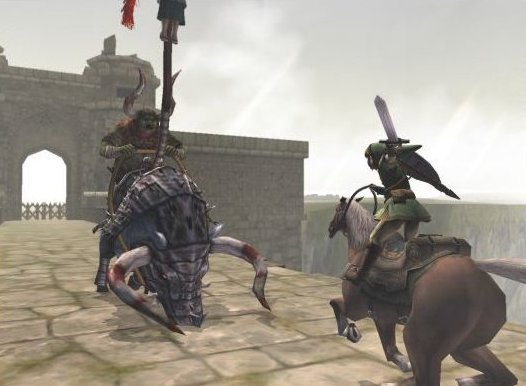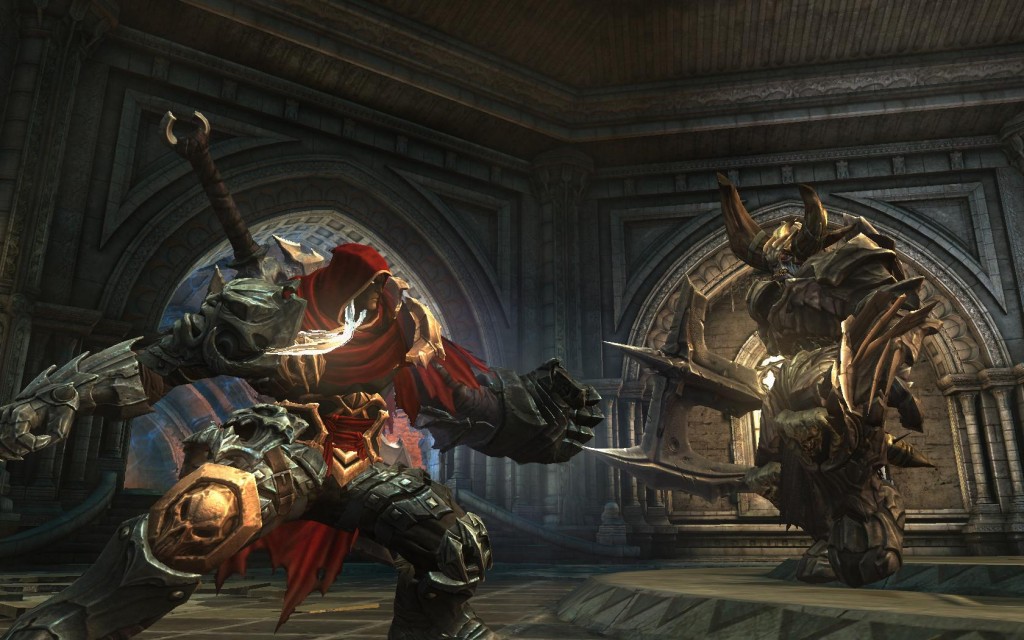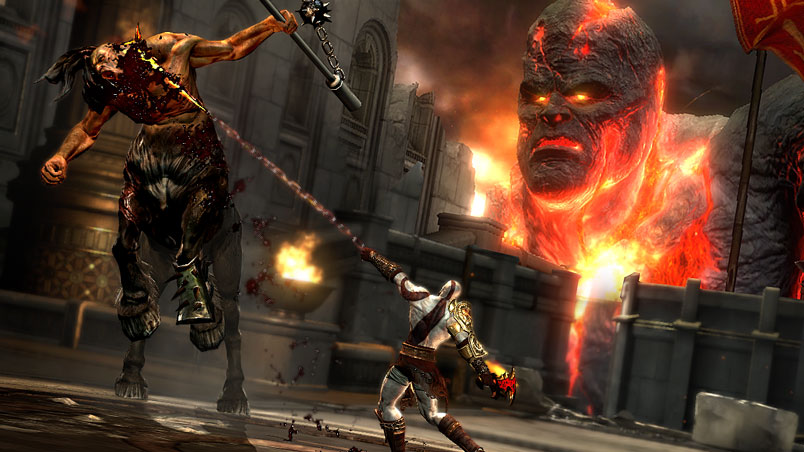Reviewers have a tendency to make comparisons with other examples of a medium. There are many reasons for this practice, but for newcomers to a medium it remains exclusionary. Whether the author is using it as lazy shorthand to aid understanding or from a desire to laud an expansive knowledge over the audience, the reader must be informed about the point of reference for it to be of any use.
This use of references is as common a practice in the gaming press as any other, perhaps more so thanks to the era the industry has grown up in allowing for such a rapid dissemination of products and opinion. Audiences are, for the most part, indoctrinated into the culture; aware through blogs and news sites of every major release they have even a passing interest in. Issues only arise when new people try to enter this impenetrable, elitist culture. A Zelda clone, or even a more generic term such ‘platformer’, must surely prove a near impossible barrier to entry for most newcomers.

Recently the issue was brought to the fore courtesy of the game Darksiders. Reviews uniformly described the THQ title as Zelda meets God of War, and some people felt this portrayal was lazy. Maybe it was, but it was also descriptive. I instantly comprehended what was meant by this simple comparison. My understanding allowed the reviewer to move on to a deeper opinion of the whole experience rather than a mechanical break down, without exceeding the one thousand-word limit that typically signals the end of my attention span (for reading onscreen text at least).
Asserting that similarities shouldn’t be drawn in reviews and that each game should be judged on its own merits from within a vacuum is ridiculous. Hand my dad a PS2 and he will tell you how real the games all look, and then offer you a whisky and bore you with stories of Ireland. Ignoring what makes our opinion ours is disingenuous. If the reader doesn’t know the foundation of an argument then they cannot truly appreciate it.

Everything we experience informs our outlook; if we are unable to draw on our well of knowledge to explain our impressions then we are neutering our vocabulary. To state outright that other games shouldn’t be referenced when talking about another title would mean never again mentioning a previous game in a franchise or from the same team. We would have to turn a blind eye to advancements made and explain everything from the basest level in every article, because if a gamer doesn’t know Zelda it is safe to assume that the term ‘action RPG’ would be just as incomprehensible.
I suspect the bigger problem is that now there are so many people covering games. I sit with my RSS feed open and watch every day a new stack of reviews pour in for the latest big release. On occasion I have been known read each and every review of a game I am interested in, and I do begin to see patterns and trends emerge. Occasionally this can annoy, especially when I feel a writer is not addressing the elements of the game I believe are important or when their views differ wildly from my own.

Certainly if there is no qualification presented for a comparison it is problematic. A review that does nothing to expand on its flimsy comparisons tells the reader nothing. Simply put a bad review is a bad review. A well written piece will utilise accepted touchstones that have made their way into the gaming lexicon, giving context and creating a more concise read. Providing the author of a piece sufficiently communicates their opinion, without the need for extensive outside research, using such comparative examples can be a valuable tool.